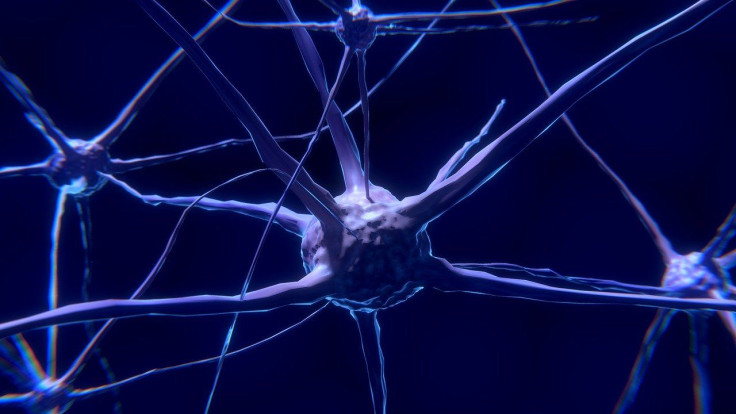COVID-19 May Silently Attack Central Nervous System, Study Shows
KEY POINTS
- Study showed that COVID-19 may affect one's central nervous system
- Anxiety, depression are among the signs that reveal the virus affects the said system
- The olfactory tract is the gateway to the central nervous system, eventually infecting the brain
There is mounting evidence that shows coronavirus infection affects the central nervous system.
An international group of researchers said anxiety or depressed mood that many COVID-19 patients display is a sign the virus is affecting the central nervous system. The researchers, led by a University of Cincinnati College of Medicine scientist, said the two psychological symptoms are linked to the loss of taste and smell which most coronavirus patients experience.
The more severe symptoms of the coronavirus infection are cough, fever, and shortness of breathing. According to Ahmad Sedaghat, MD, Ph.D., co-author of the study, these symptoms can cause depression or anxiety to COVID positive patients. Dr. Sedaghat is an associate professor and director of rhinology, allergy, and anterior skull base surgery in the Department of Otolaryngology-Head and Neck Surgery at the UC College of Medicine. He also specializes in diseases of the nose and sinuses.
Sedaghat explained that none of these symptoms, which seem to foretell the patient's mortality, relates as to how depressed or anxious the patients are. "The only element of COVID-19 that was associated with depressed mood and anxiety was the severity of patients' loss of smell and taste. This is an unexpected and shocking result," the associate professor and co-author said. The lead author of the study is Marlene M. Speth, MD and the other co-authors aside from Sedaghat are Isabelle Gengler, MD, Thirza Singer-Cornelius, MD, Steffi Brockmeier, MD, and Michael Oberle, Ph.D.

His research involved conducting a cross-sectional telephone survey study that examines the symptoms and characteristics of 114 patients found positive for COVID-19 over six weeks at the Kantonsspital Aarau in Aarau, Switzerland. The severity of the patients' loss of taste or smell, excessive mucus production, nasal obstruction, coughs, shortness of breathing, and fever while suffering from the disease were assessed. The study's findings are published in The Laryngoscope.
Depressed Mood
At the beginning of the study, when volunteers were still experiencing the effects of COVID-19, 47.9% of them reported feeling depressed for several days in a week, while 21.1% said they felt depressed almost every day. In terms of gravity, around 44.7% of volunteers said they felt mildly anxious about their condition while 10.5% said they were very anxious.
According to Sedaghat, their unexpected finding that the least troublesome COVID-19 symptom is the one causing the greatest degree of psychological distress tells them something about the disease. "We think our findings suggest the possibility that psychological distress in the form of depressed mood or anxiety may reflect the penetration of SARS-CoV-2, the virus that causes COVID-19, into the central nervous system," he said.
The Gateway
Sedaghat revealed researchers have long hypothesized the primary gateway of coronavirus in reaching the nervous system is the olfactory tract. He said that evidence of such thing happening with the severe acute respiratory syndrome (SARS), an equally deadly viral disease that was first detected in China back in November of 2002 and then spread to 29 countries through international travel. Studies using mouse models of SARS show the olfactory tract, or the path for communicating odors from nose to brain was a gateway to the central nervous system and eventual infection of the brain.
The co-author added that he and his colleagues think the virus can penetrate more into the central nervous system based on the frequency of olfaction-associated anxiety and depressed mood. "This really opens up doors for future investigations to look at how the virus may interact with the central nervous system," Sedaghat added.
© Copyright IBTimes 2024. All rights reserved.





















